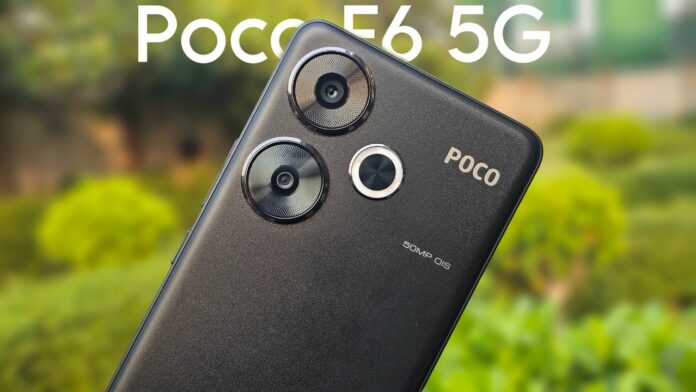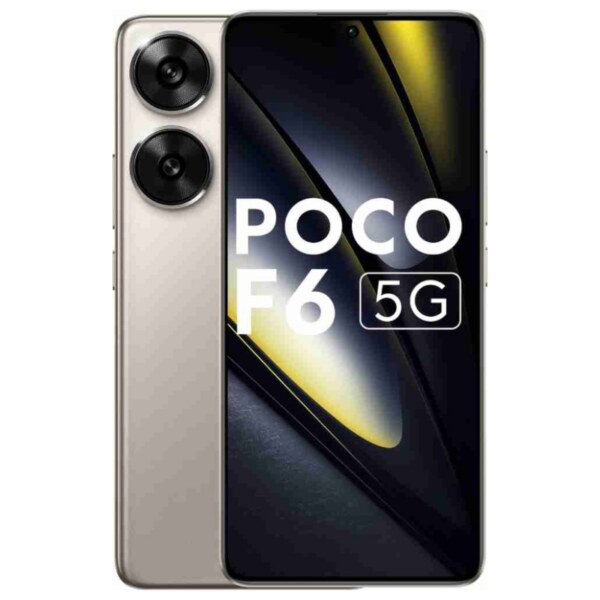Poco has finally unveiled the Poco F6 5G in India at a starting price point of Rs 29,999. The new flagship F-series handset gets the Snapdragon 8s Gen 3 under the hood, making it the first device to launch in India with this chipset. Here’s our detailed review of the new Poco F6 5G where we’ll find out whether it’s worth your penny or not.
Poco F6 5G: Price, Availability
The Poco F6 5G will be available for Rs 29,999 for the 8GB + 256GB model, Rs 31,999 for the 12GB + 256GB model and Rs 33,999 for the 12GB + 512GB trim. The first sale for the handset will be held on May 29, 12PM IST via Flipkart.
For the first sale, users can avail an offer of Rs 2,000 on ICICI Bank cards and Rs 2,000 exchange bonus. Those who purchase the device on day 1 of sale will also get an extra 1 year warranty for the device apart from the regular 1 year which brands traditionally provide.
Poco F6 5G: Design & Display
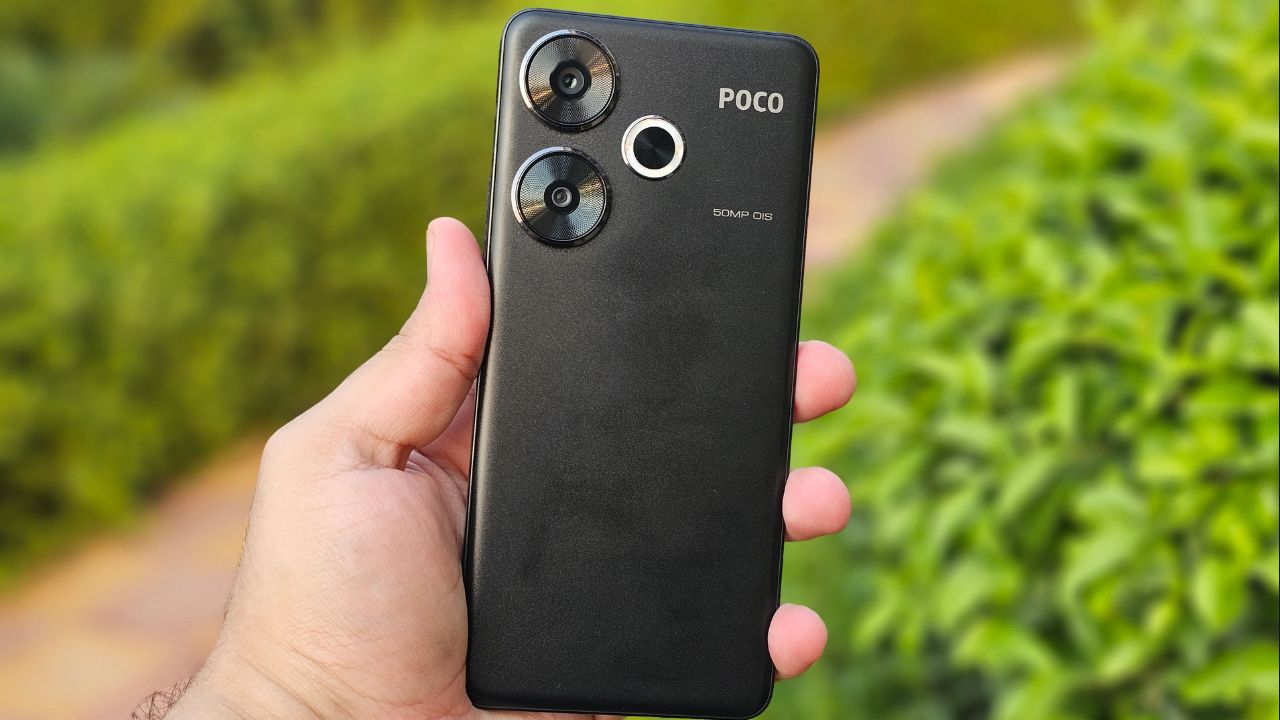
The Poco F6 5G comes in Titanium and Black shades, and we got the latter. The black model is definitely the one to get if you want a minimal yet stylish finish. It has this stealthy look with a matte finish and the POCO branding up top. Because of the all-plastic build, it doesn’t scream premium as such, but it doesn’t feel very cheap either.
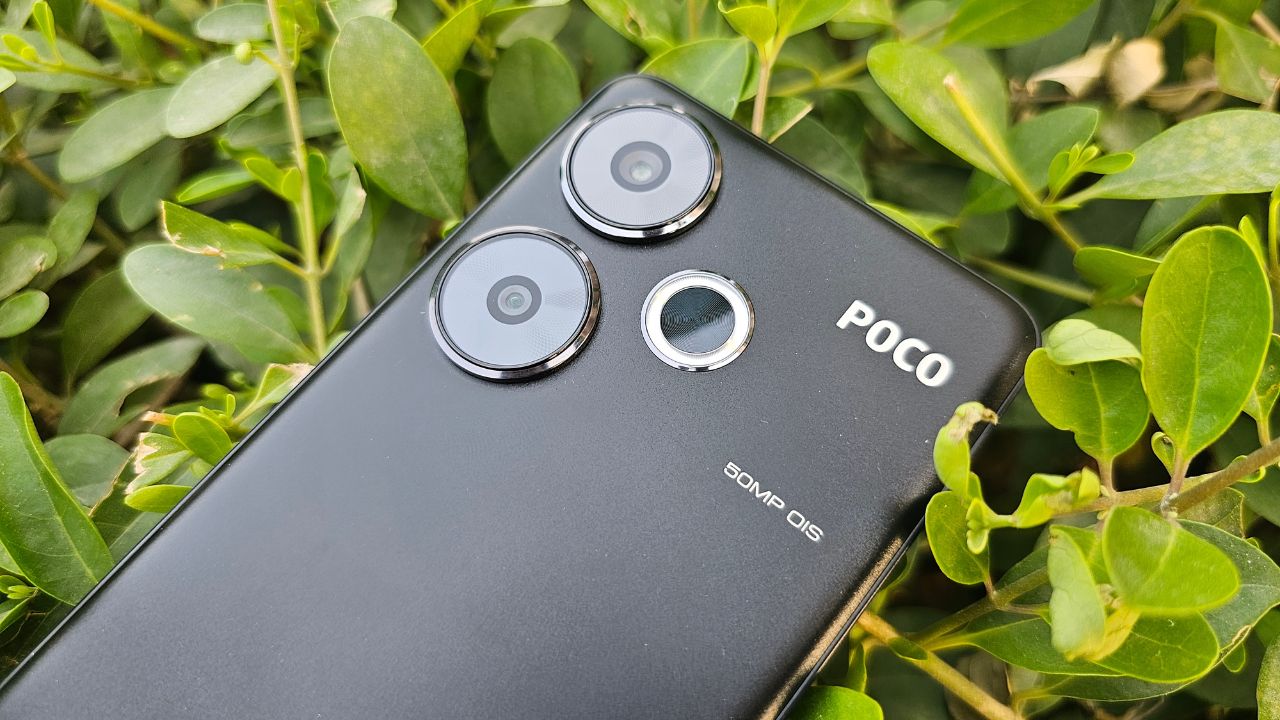
The device is somewhat weighted, so it feels dense in the hand. In addition, the flat sides help provide a nice grip, and overall, the device is comfortable to hold. All the keys reside on the right and have a decent tactile feel, except for the volume-down key, which presses somewhat weirdly without a click feel at times. We think it’s an issue with our specific unit, but we aren’t sure.
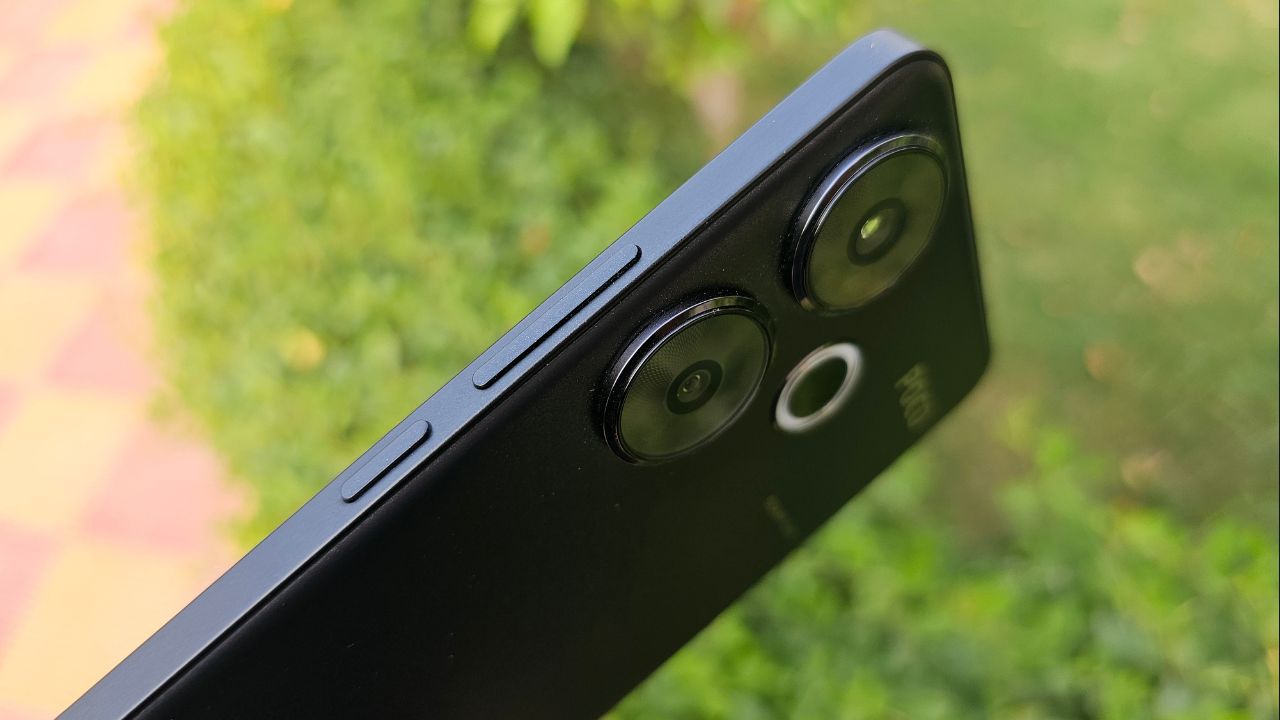
The overall design is better visible on the gold variant, but if you don’t want your smartphone to have a flashy or gaudy look, then the black one would give you all the minimalism you want. Poco says the handset is also IP64-rated, which is a nice addition to its already decent build quality.
The Haptics feel premium, too. They aren’t flagship level by any means, but they surely do not feel cheap, are strong enough, and complement the overall status of the handset. The stereo speakers are impressively loud and have a slight hint of bass. The stereo separation is well handled, and it was a treat to listen to music via the speakers or play games without wearing any earbuds.
As for the display, the Poco F6 5G gets a 6.7-inch (2712 x 1220 pixels) 1.5K 12-bit OLED 20:9 display with a 120Hz refresh rate, 480Hz touch sampling rate, up to 2499 nits peak brightness, HDR10+, Dolby Vision, 2160Hz PWM Dimming, DC Dimming, Corning Gorilla Glass Victus protection.
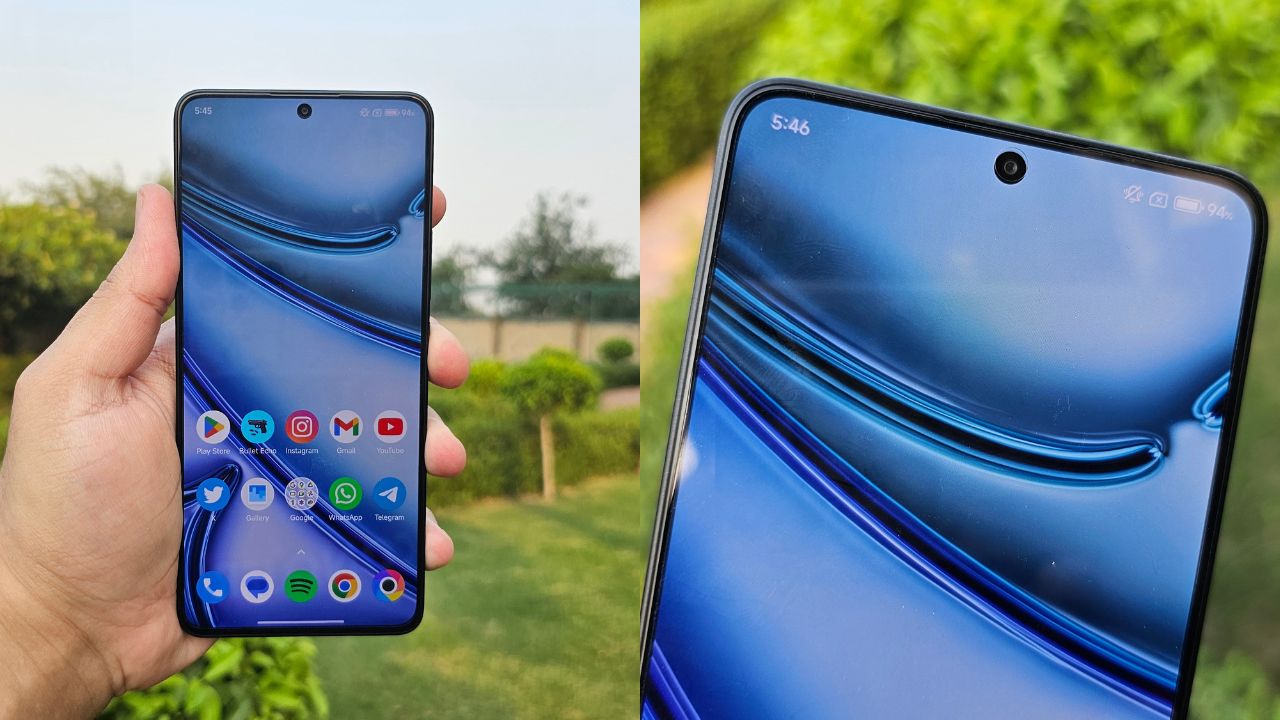
As the specs speak for themselves, this display is actually quite impressive in the real world, too. It has excellent brightness outdoors and reproduces vibrant colours rich with contrast, while the text and other content appear sharp. Watching videos on this display was the ultimate experience.
The viewing angles are decent, too, and the in-display fingerprint sensor also works without any issues. In fact, even the Netflix App supports both HDR10 and Dolby Vision formats on Poco F6, which further makes it one of the best panels in its price range for consuming content.
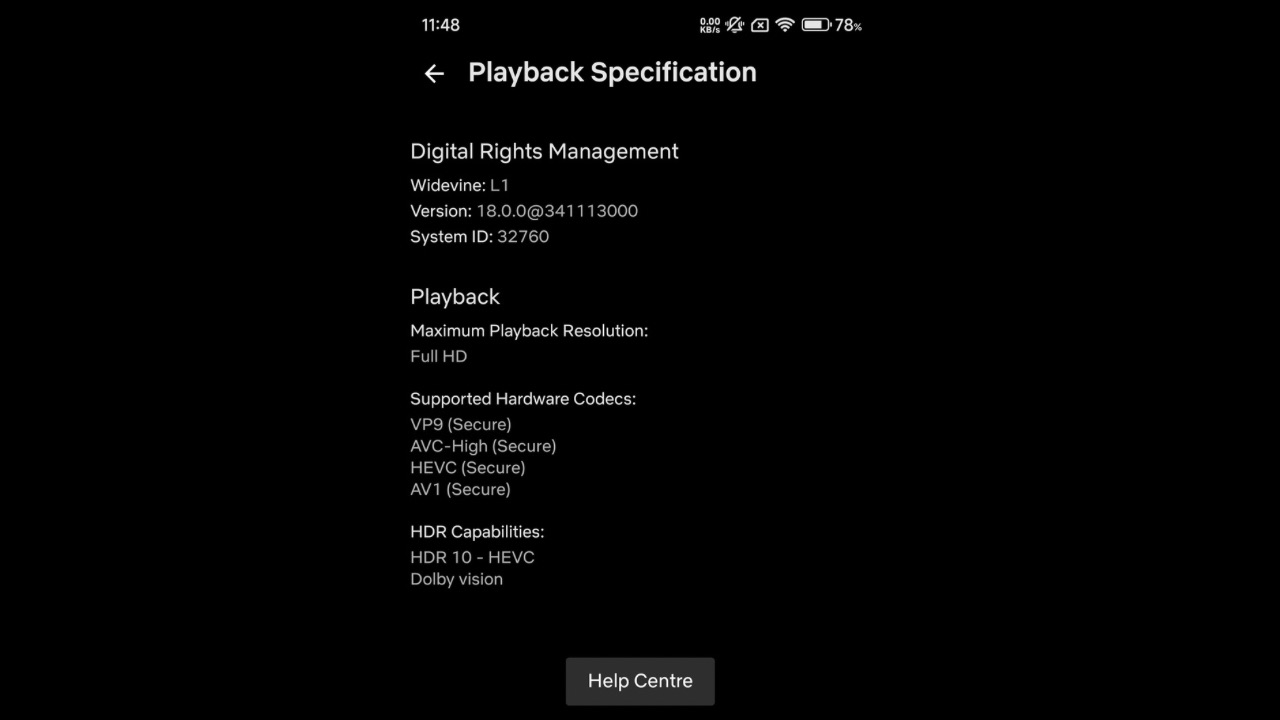
To top it all, the bezels on the Poco F6 5G are very slim which further allows for an immersive viewing experience. Overall, we can say we do not have a single complaint from this panel or the fingerprint sensor.
Poco F6 5G: Software & Performance
The Poco F6 5G has the latest Snapdragon 8s Gen 3 under the hood. It gets up to 12GB of LPDDR5x RAM and up to 512GB of UFS 4.0 storage. The top-end model of the Poco F6 5G we received for review didn’t disappoint us in terms of performance. The device’s performance matches that of Snapdragon 8 Gen 3-powered devices in the real world.
The Poco F6 5G could run the games I tried at maximum graphics possible during the review, such as Call of Duty Mobile. While I didn’t face any sort of frame drops, the device did get warm to the touch after about 20 to 30 minutes of playing the game, which is quite normal considering the ambient temperatures, too.
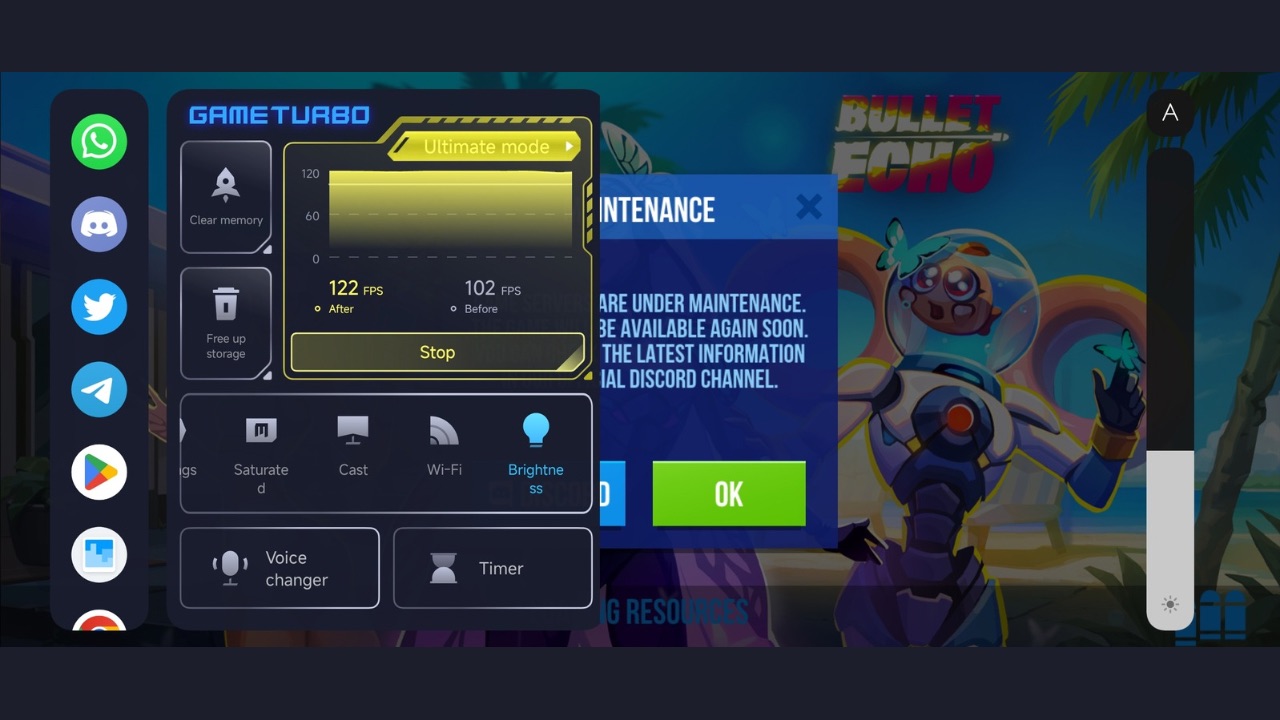
The Game Turbo function provides a plethora of gaming features. There’s a performance mode that lets you enable Wi-Fi optimization to minimize Latency or optimised touch controls to increase touch response while swiping or tapping. Game DND is also available, where certain system features can be disabled while playing a game, such as auto-brightness, reading mode, notification shade, and more.
You can further dive in deep to adjust GPU features to prioritise what you need in a game, including picture quality, frame rate or performance. The visuals of a game can also be altered so you can choose the style that suits you the most, including one with richer contrast, one which is brighter and more. We have talked more in detail about the gaming features of the Poco F6 5G in a separate article, so make sure to check that one out as well.
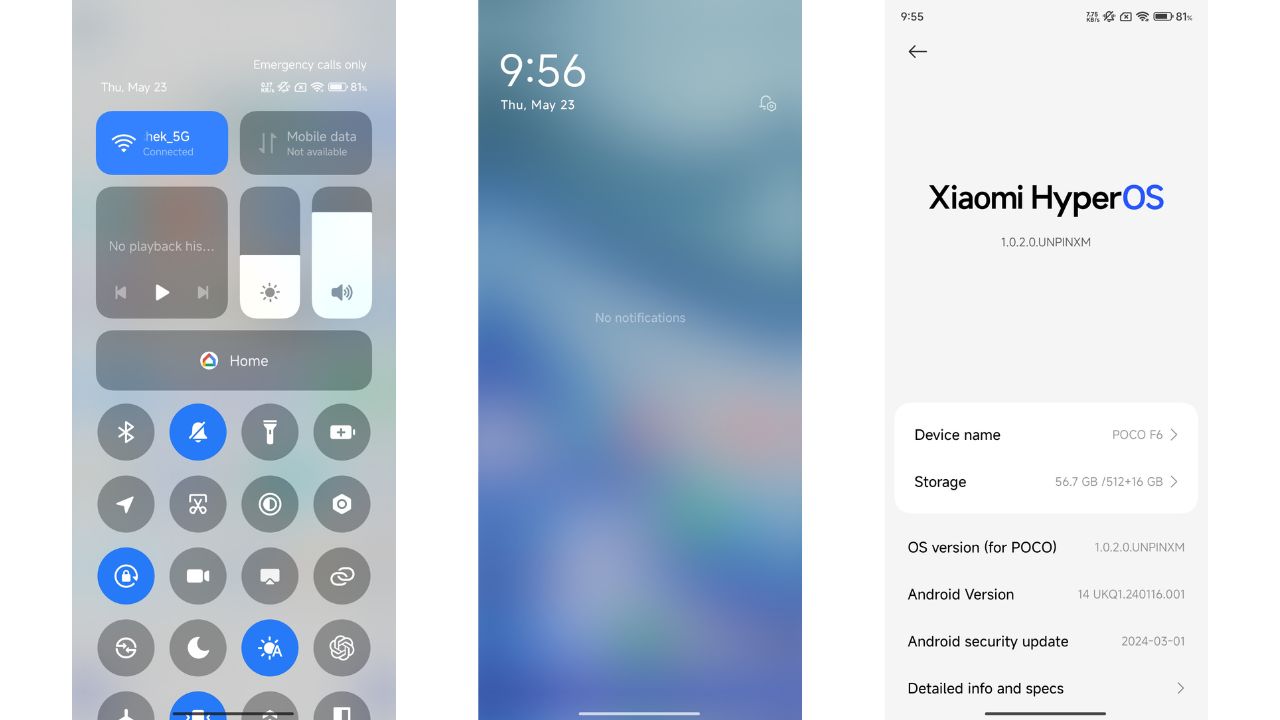
In other aspects of the software, HyperOS, based on Android 14, didn’t disappoint in terms of performance. The animations were smooth, and there were no stutters across the system.
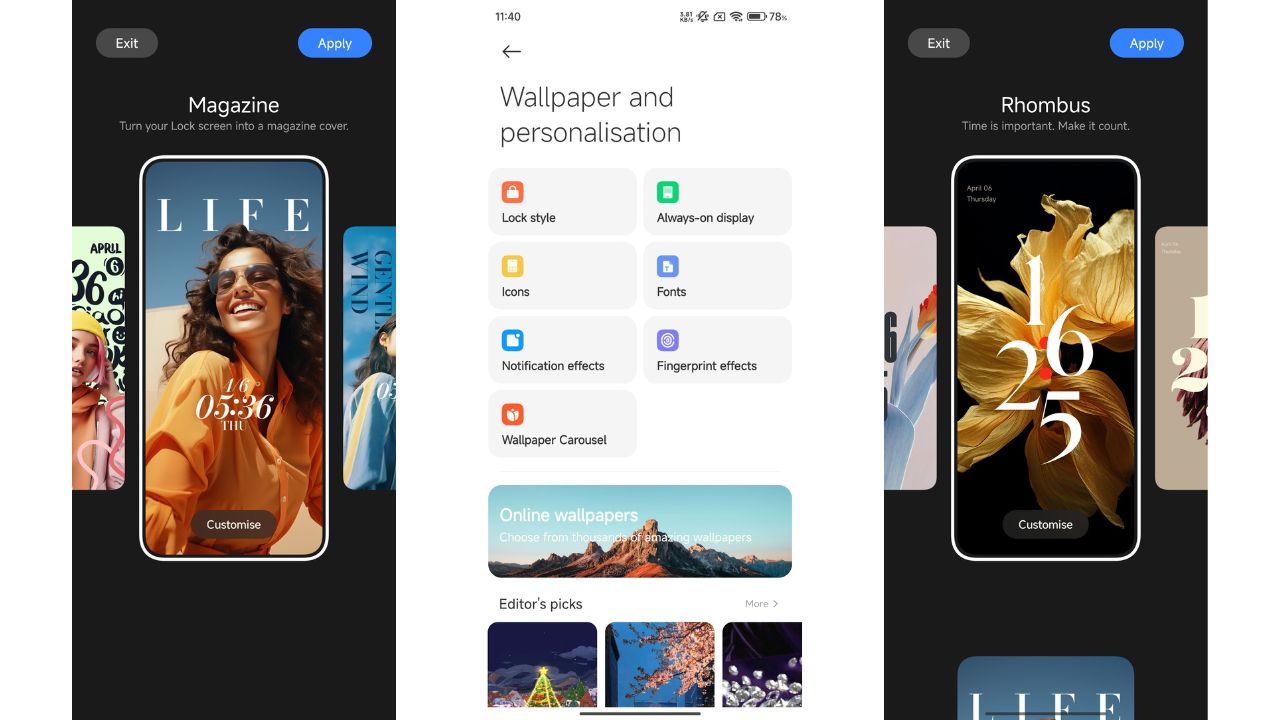
It is filled with features, such as various gestures, extensive lock screen customisation options, an AI image engine, themes, a number of Always-on display styles, app lock, dual apps, and much more. It also supports Virtual RAM expansion up to 8GB.
Contactless gestures are also supported, where you can wave horizontally in front of the device to adjust playback progress and switch between songs, wave vertically to control media volume or switch between short videos, a double tap in the air to play or pause music playback or draw a circle to answer or end calls. As of now, the supported apps include Netflix and the Poco’s own Music app.
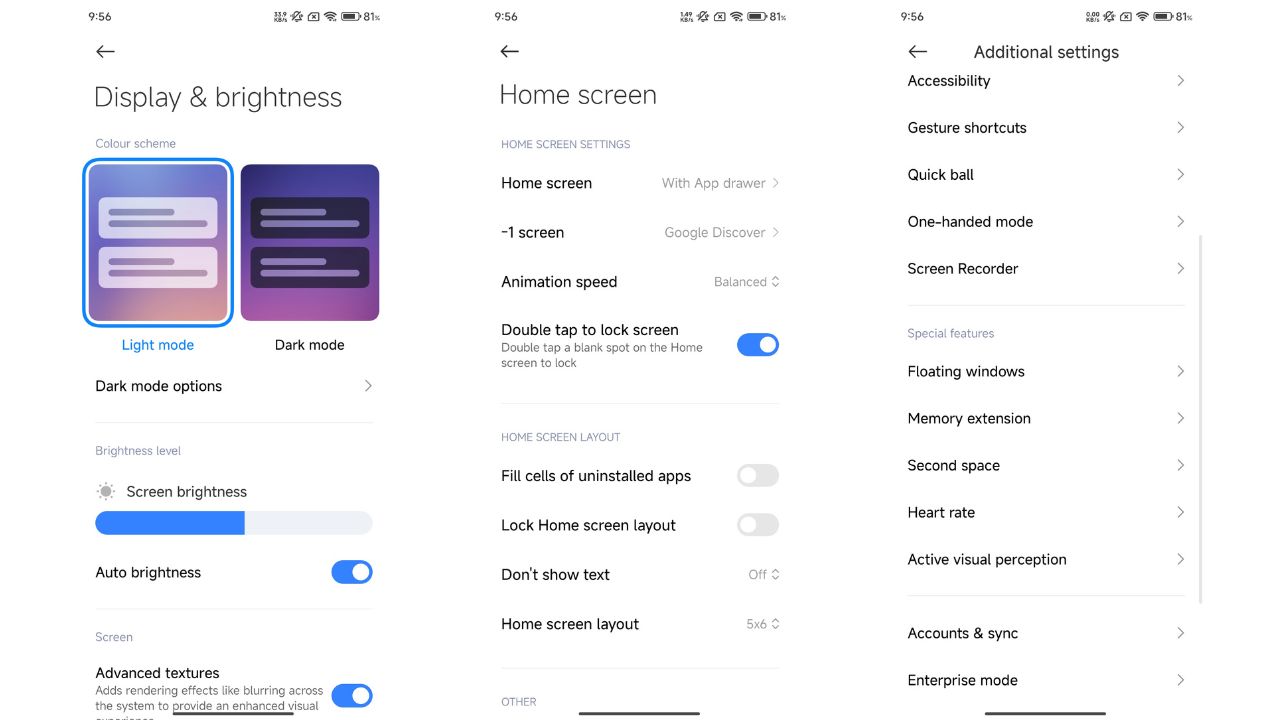
The quick settings shade looks quite similar to iOS, while the notification shade can be accessed by swiping to the right if the QS shade is open or by swiping down from the left area of the status bar. I personally prefer One UI’s or Stock Android implementation, but there’s no way to switch to that here as Motorola offers with its Hello UI.
The software doesn’t come without its downsides, including various bugs that I encountered during the review of the Poco F6. At times, the navigation bar would just stick to the centre if I quit an app from the landscape orientation.
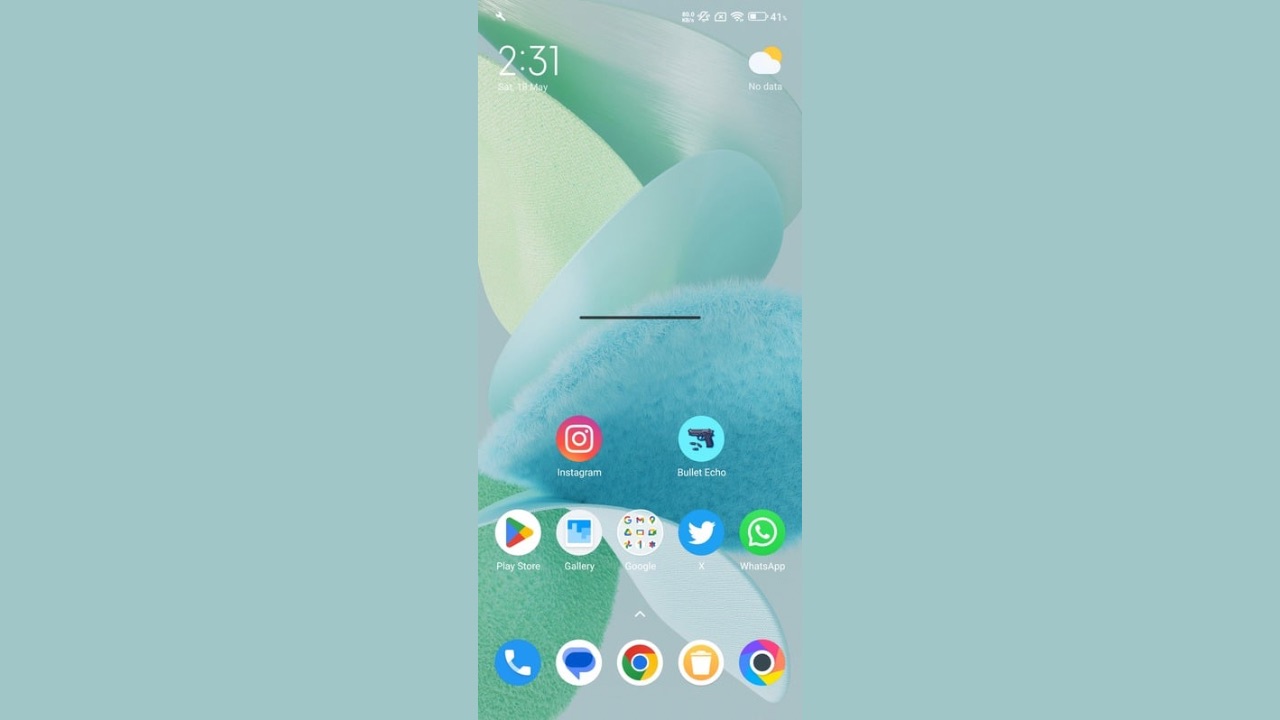
Aside from that, there were very minor stutters when closing an app or switching between them. Also, I do not like the fact that the battery settings do not show screen-on time due to which I had to rely on a third-party app and digital wellbeing feature.
Next up, it came with the March 2024 security patch out of the box and hasn’t been updated so far. Here, we would like to add that Poco has said the phone will get quarterly updates.
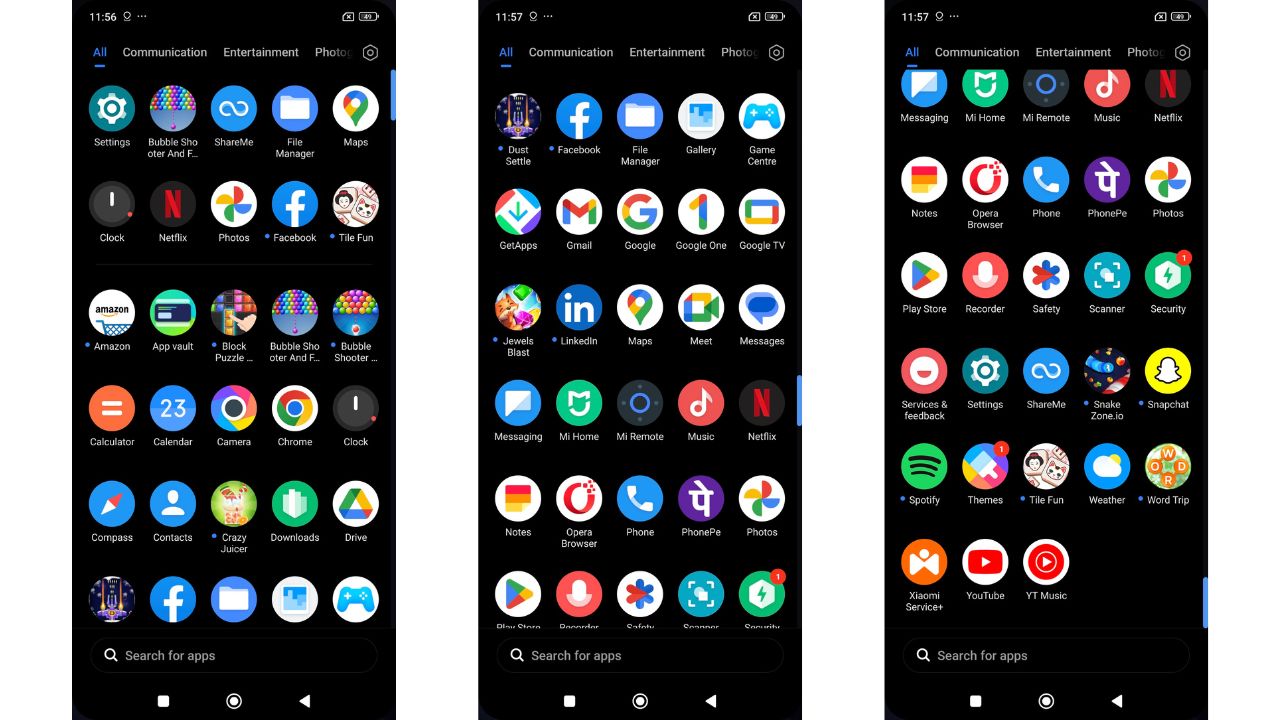
Finally, the bloatware situation is problematic too. One, there’s a lot of it, including apps like Block Puzzle, Bubble shooter, Crazy Juicer, Facebook, Netflix, LinkedIn, Opera Browser and more. Two, not all of it is uninstallable. Applications like GetApps and Game Centre cannot be uninstalled or even disabled for that matter.
Overall, despite the shortcomings we mentioned, the Poco F6 5G still manages to impress in the software segment, thanks to the smooth animations, wide array of customisation options and a load of other features. It’s not only a power user’s or regular user’s phone, but is a gamer’s phone also.
Poco F6 5G: Battery backup
The Poco F6 5G packs a 5000mAh battery with 90W fast wired charging support. The company is bundling a 120W fast charger in the box which is again something quite impressive. The device took only 35 minutes to charge from 16% to 100% in our tests.
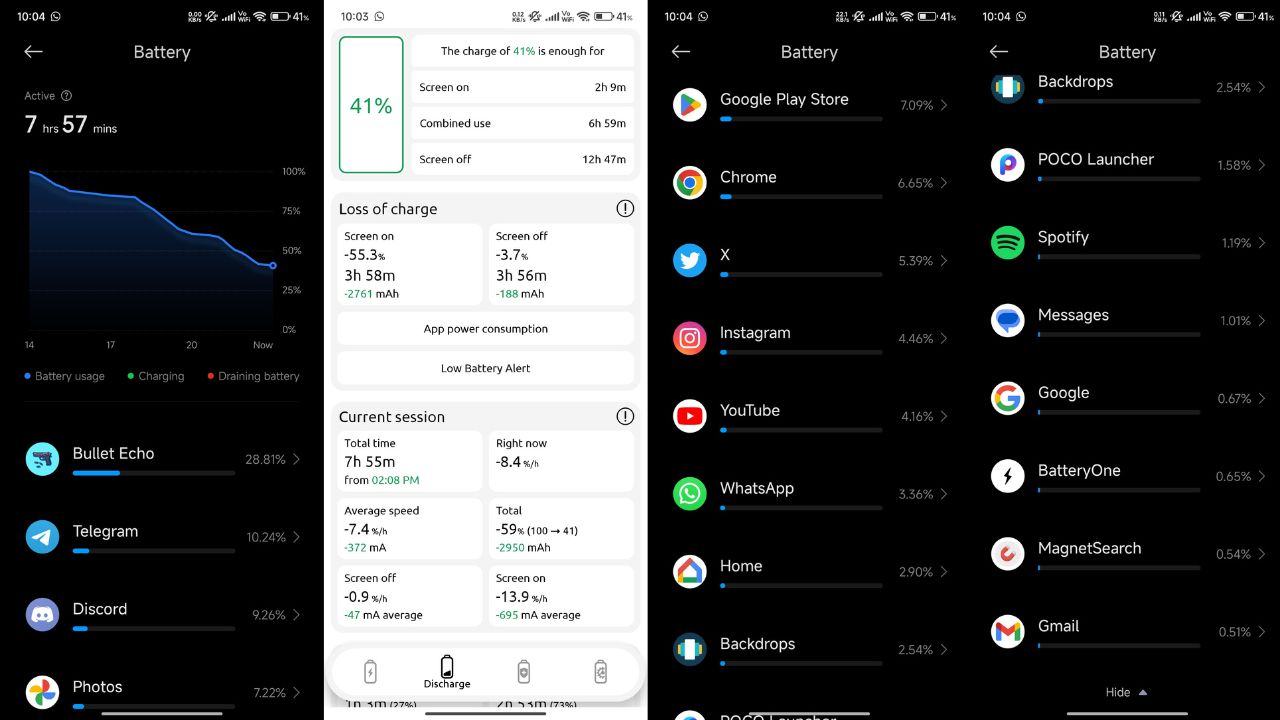
As for the backup, the Poco F6 5G easily lasted us a day with moderate use during the review, such as chatting, watching videos, browsing the web, calling, and scrolling social media.
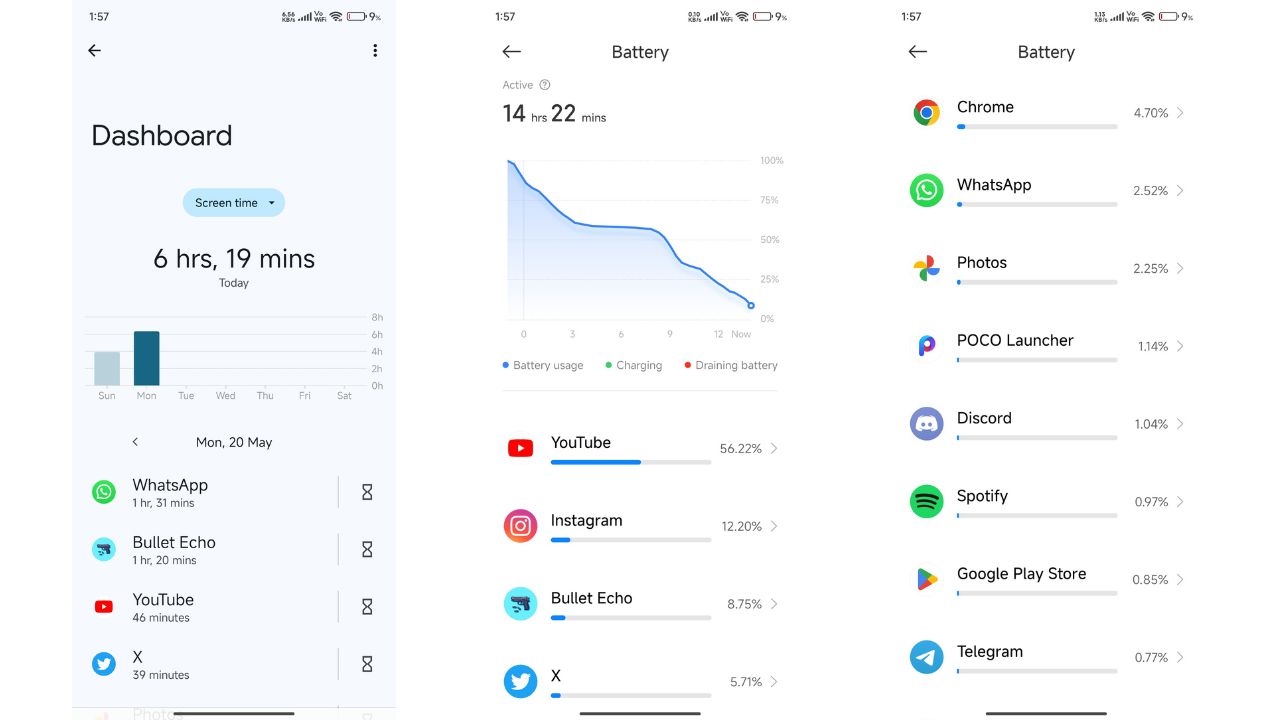
Even with slightly heavier use, the Poco F6 5G lasted me around 15 hours with slightly above 6.5 hours of screen-on time. Add 120Hz gaming to the list of activities, and you’ll see the numbers dip. In my case, the screen-on time decreased by about 1.5 hours but it’s still quite decent.
Poco F6 5G: Cameras
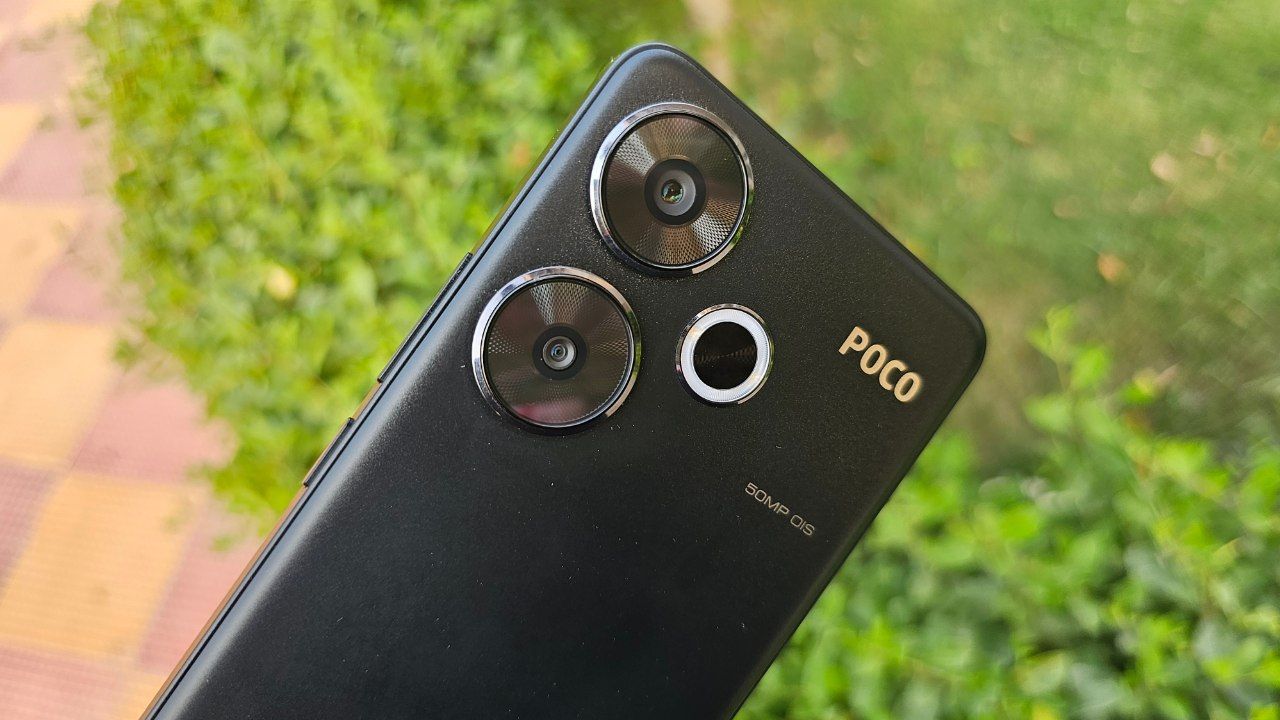
The back features a 50MP main camera with a Sony IMX882 sensor (1.6μ pixels, f/1.59 aperture) and OIS. It is joined by an 8MP IMX355 ultrawide lens. The front has a 20MP f/2.2 camera for selfies and video calls.

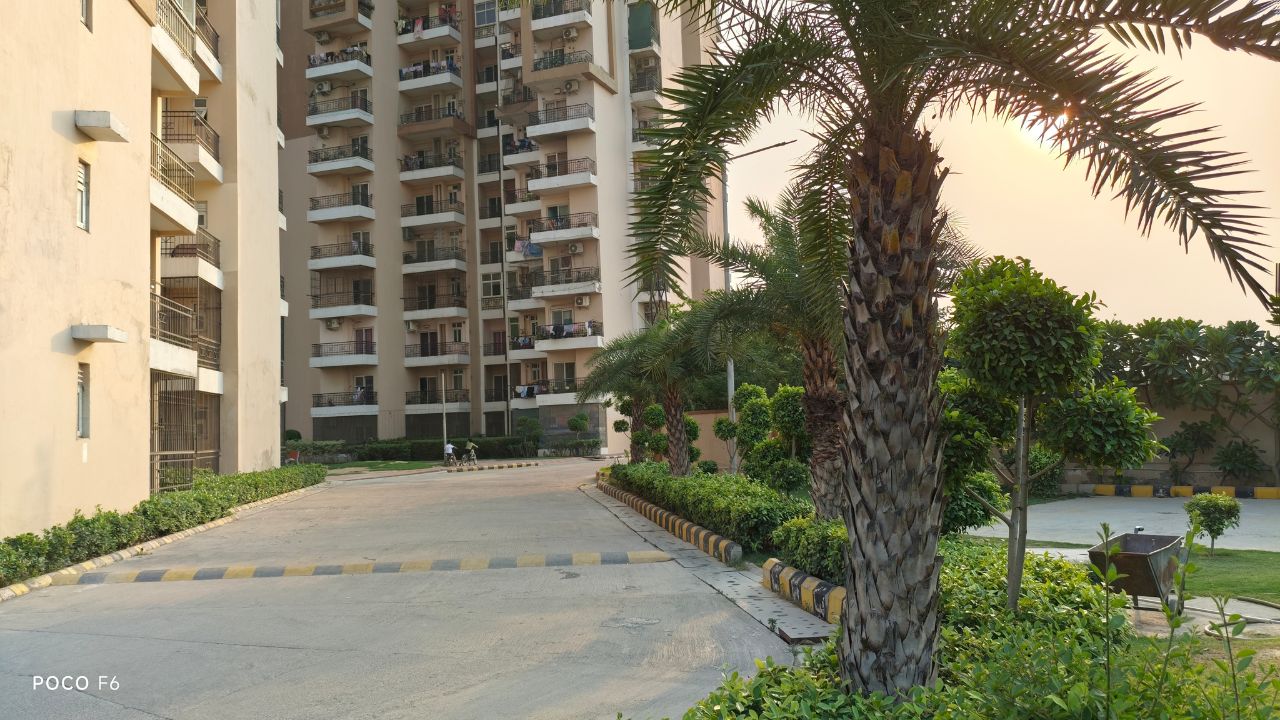
The Poco F6 5G shoots decent photos outdoors with a natural colour tone. The photos have a high level of detailing, and the dynamic range is good, too. The colours could be slightly more vibrant, but those who prefer a more lifelike look would appreciate the image quality of the Poco F6 5G.
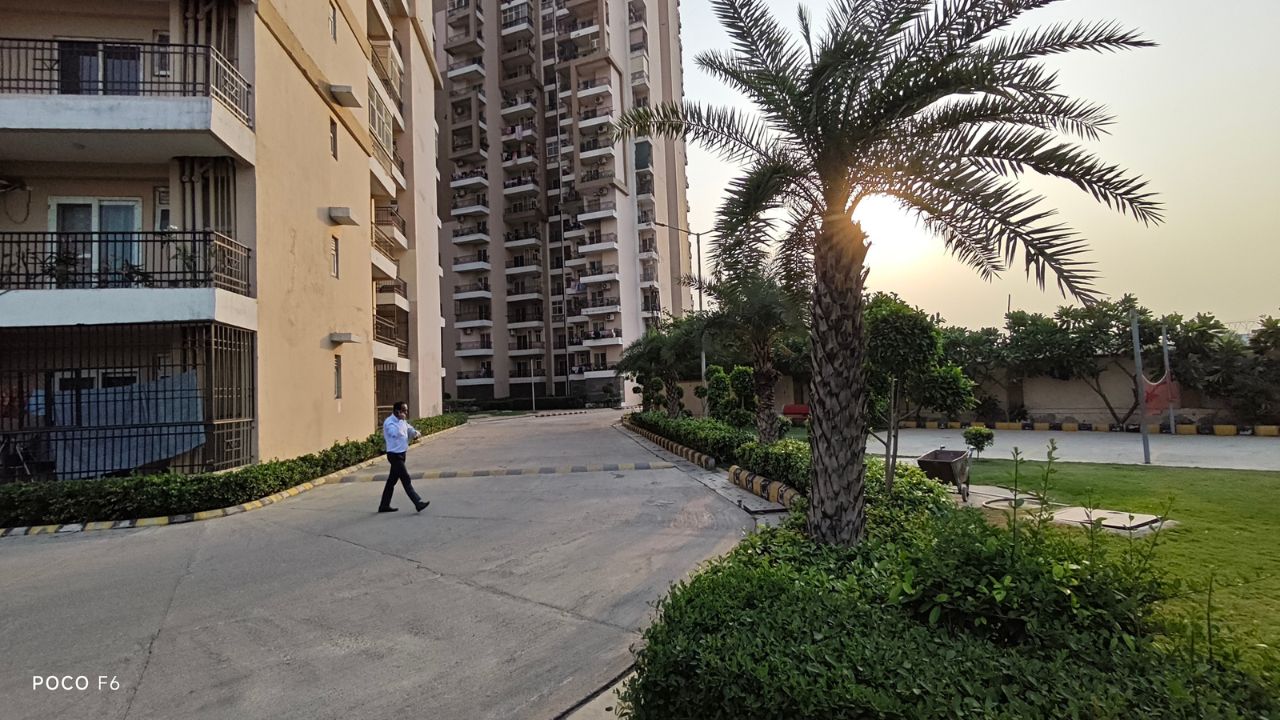
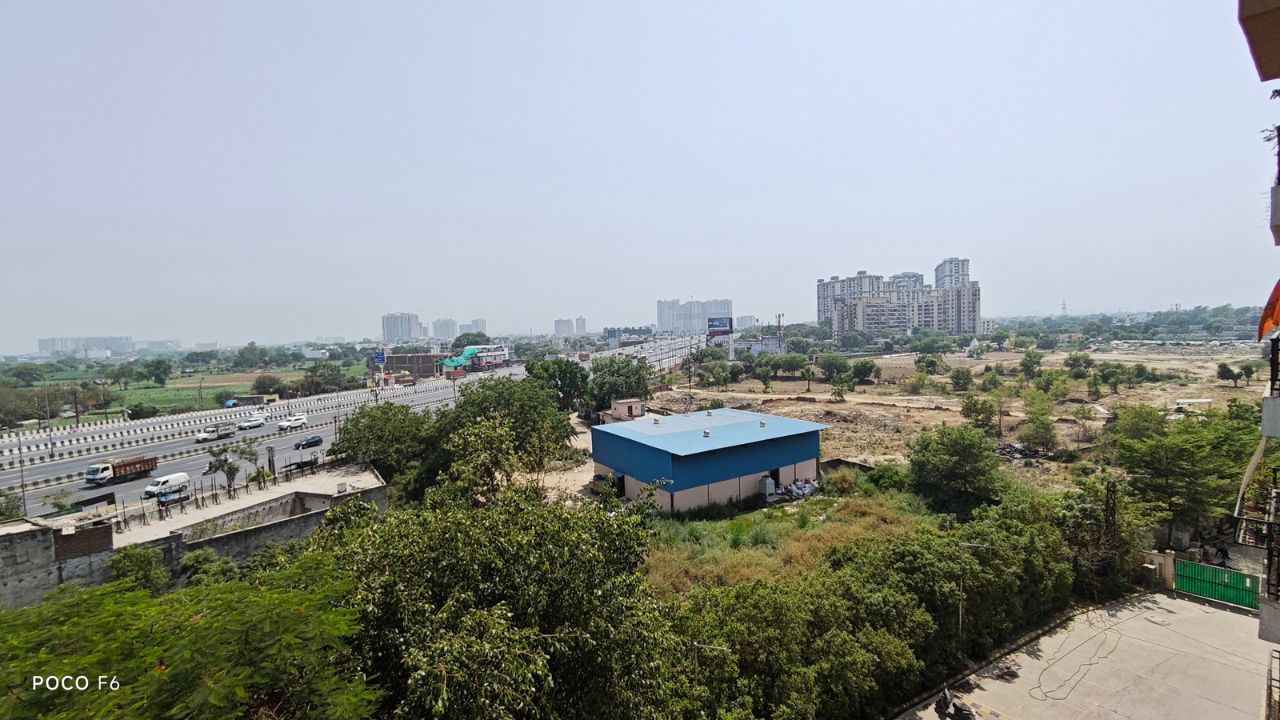
The shots from the ultra-wide-angle sensor suffer in terms of detailing, while the colours adopt a cooler tone than those from the main sensor. The EDGE distortion in Wide-Angle shots could also be improved, but overall, these photos are acceptable, nothing more or nothing less.

Portrait photos exhibit average edge detection, which makes them somewhat inconsistent. However, the sharpness and colours in the photos are impressive.

The camera doesn’t disappoint under artificial lighting, either. The photos are nicely detailed, and even the dust particles are visible in the above photo if you zoom in. Not only that, but the colours look vibrant, too, and the photos stay rich with contrast.
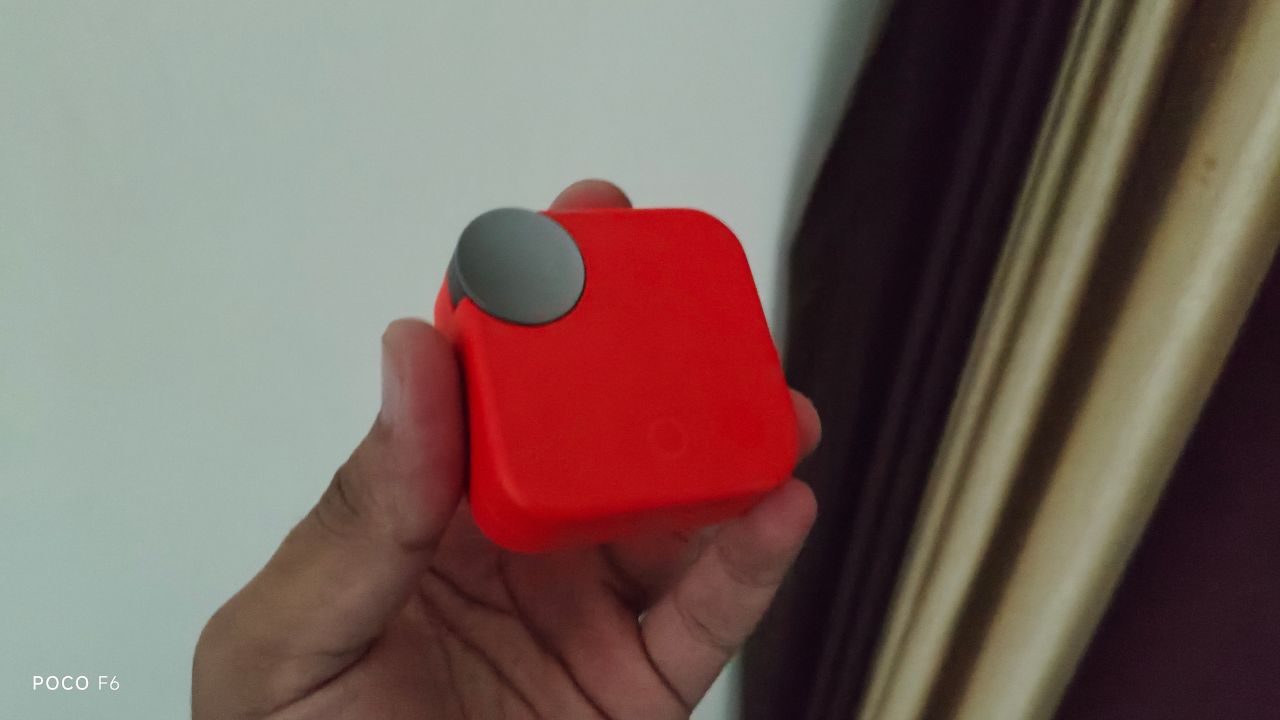
Under low lighting, the quality of the photos takes a huge dip. The camera begins to struggle to focus on the subject, and the quality remains terrible. There’s slight noise in the photo while the detailing is below average too. There’s that smudgy effect in the photos which mainly ruins the shot.
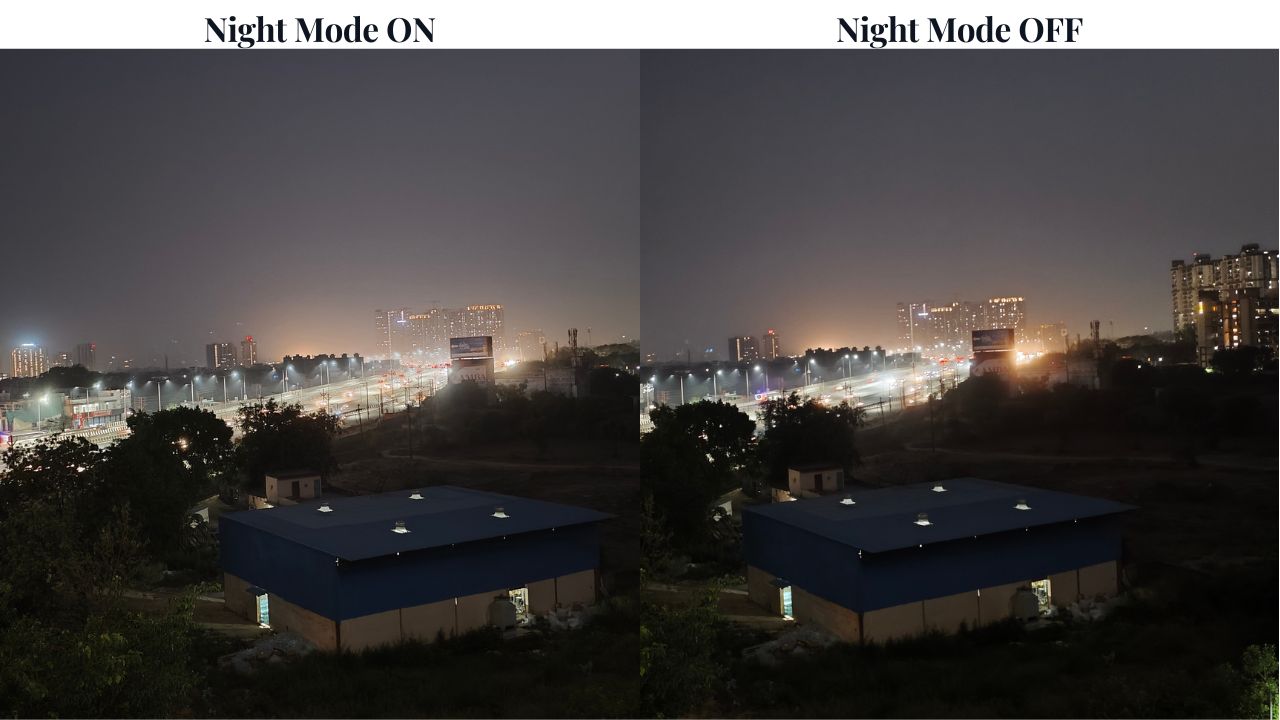
Similar is the situation with night photos. Turning on Night mode does help marginally with the brightness but not with the sharpness of the shot at all.

Selfies have a warm tone, and the details in the photos aren’t the best. The edge detection in portrait selfies is better than the rear portraits. Finally, skin tones could also be better reproduced as they don’t really match the real-world skin tone.


